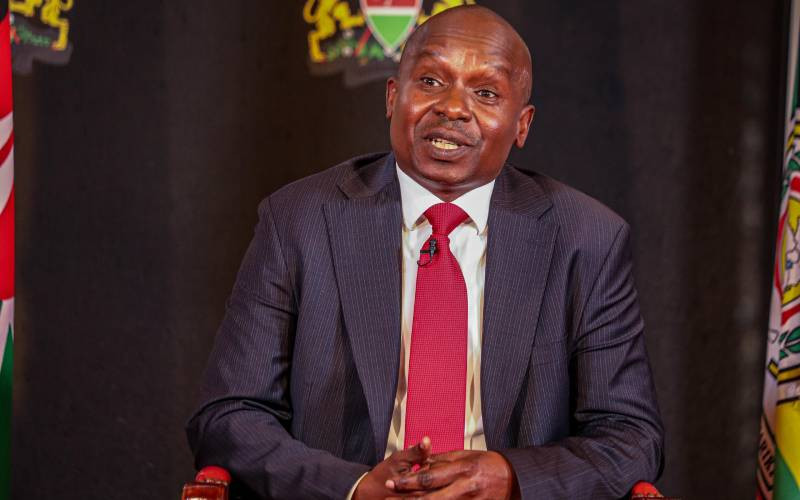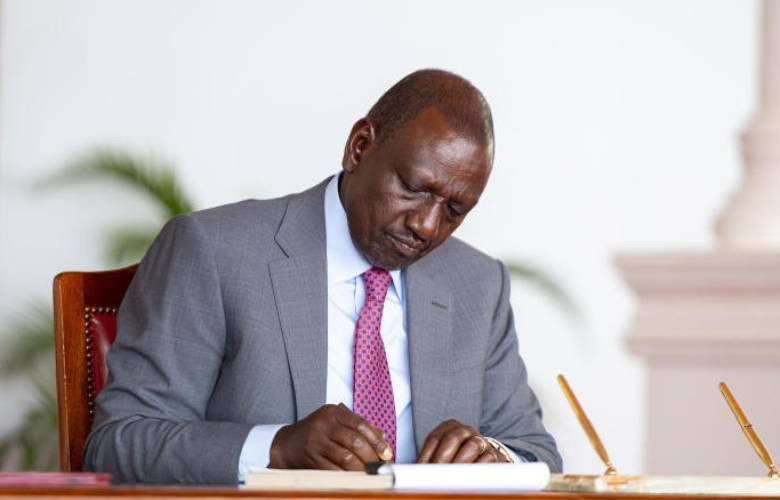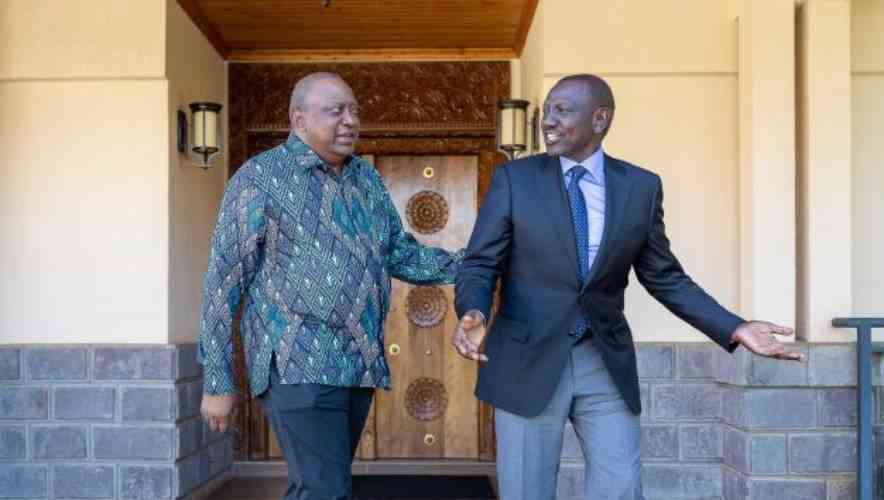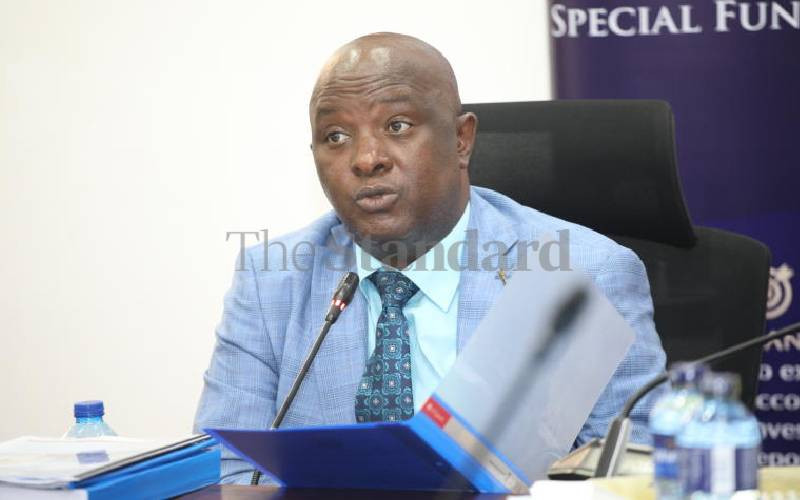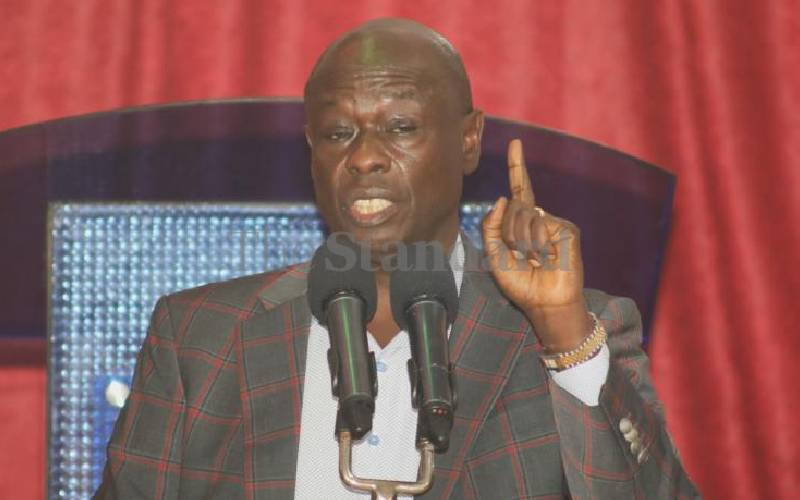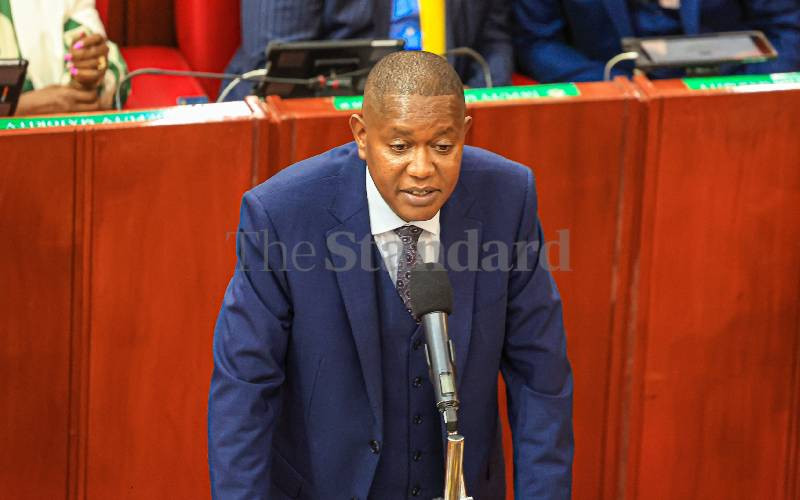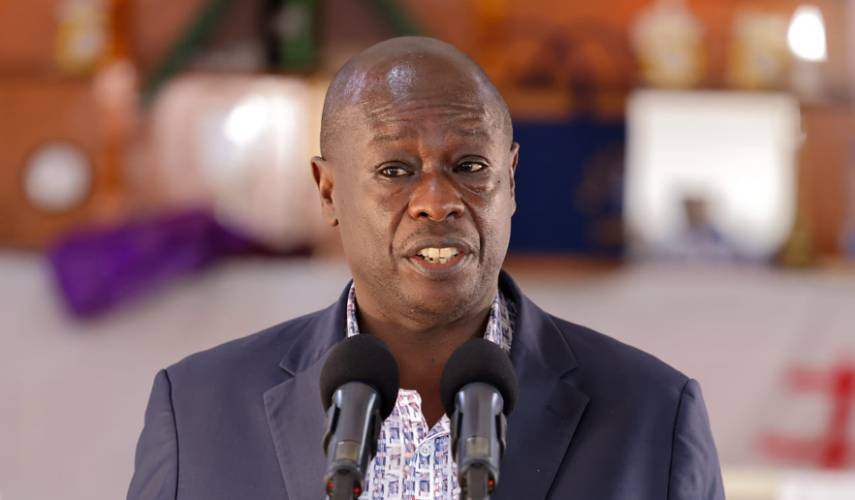
President William Ruto is a master of politics but has in the last two years, failed in formulating legs on which his government ought to be walking: the economy.
In two years, he has found himself with egg on the face after formulating tax laws and policies which have floundered and nearly cost him the presidency.
Finance laws are critical to raise revenue for running of government and implementation of its policies but hurdles he has met along the way, probably leaves him as the only President to face such opposition.
Key among the laws he has had a difficult time with include the Finance Act 2023, which ultimately landed in court and was invalidated.
Kenyans too have been unhappy with his tax policies. There is still a bitter taste in the mouths of some employers and employees over the Affordable Housing Act and Social Insurance Health Fund (SHIF), all geared to raid an already strained wallet.
The most specular was the Finance Bill 2024 whose levies and taxes touched off a major uprising in June as the Gen Z led a revolt to reject it, saying it would make the already bad economic situation worse, exacerbated by the opulence displayed by some senior government officials.
After their sustained push to reject the law, President Ruto bowed to pressure and declared he would not sign the Bill into law and called for its withdrawal.
- Ruto remains mute as healthcare crisis worsens
- Government calls on KMPDU to end strike
- Ruto meets KMPDU officials, promises lasting solutions to end industrial strikes
- Ruto forms a 20-member team to audit healthcare resources
Keep Reading
He said the consequence of withdrawing the Finance Bill was a reduction of revenue targets by Sh346 billion and Treasury has to assess the adverse impact of either reducing the budget by the entire amount or borrowing the full amount.
To strike middle ground, proposals were made to the National Assembly to have a budget cut of Sh177 billion and borrow the difference, with the additional borrowing expected to increase fiscal deficit from 3.3 per cent to 4.6 per cent to protect the funding of critical government services.
Economist Patrick Muinde said some of the issues that arose include the component of public participation and the role it serves on public finance management, saying the law is specific on giving citizens a window to engage and challenge government policies.
“The Constitution has already given us that window. Now the second part is, speaking largely about the approach to especially revenue raising measures. Probably at some point, they got obsessed with the idea of revenue without considering the impact on people’s income.
Technically what is happening now is that decisions they are making are affecting people directly. And probably people are feeling the pressure of taxes,” said Muinde.
Even importantly, said Muinde, is the fact that there are quite a number of taxes, on top of which, the government has also introduced a legislation, now targeting the hospice.
The government has sought to raise revenue for housing and the health sector with the middle class considered a safe haven for taxes and can now feel the pressure exerted on them. He said Kenyans have been calling out the failure on the part of the Executive in policy making. Similarly, he noted that the President has been so much involved, explaining why Kenyans need to pay, which leaves a bitter taste, with the young people and the civil society coming out to protest some unpopular decisions.
“We are seeing the emergence of civil society and street engagements. So if that is sustained for the next two years, I think even members of parliament will have no choice but to start better engagement with them. I think some people will be naive if they do not know the signals that have come from the news of it,” he noted.
The civil society has also been on the front line rejecting finance laws saying the high debt burden, the unmet revenue collection and a large budget deficit require fiscal consolidation and revenue mobilisation.
On Monday, National Treasury Cabinet Secretary, John Mbadi announced a change in tack in domestic revenue mobilisation in the coming financial year.
 The Standard Group Plc is a multi-media organization with investments in media platforms spanning newspaper print
operations, television, radio broadcasting, digital and online services. The Standard Group is recognized as a
leading multi-media house in Kenya with a key influence in matters of national and international interest.
The Standard Group Plc is a multi-media organization with investments in media platforms spanning newspaper print
operations, television, radio broadcasting, digital and online services. The Standard Group is recognized as a
leading multi-media house in Kenya with a key influence in matters of national and international interest.


